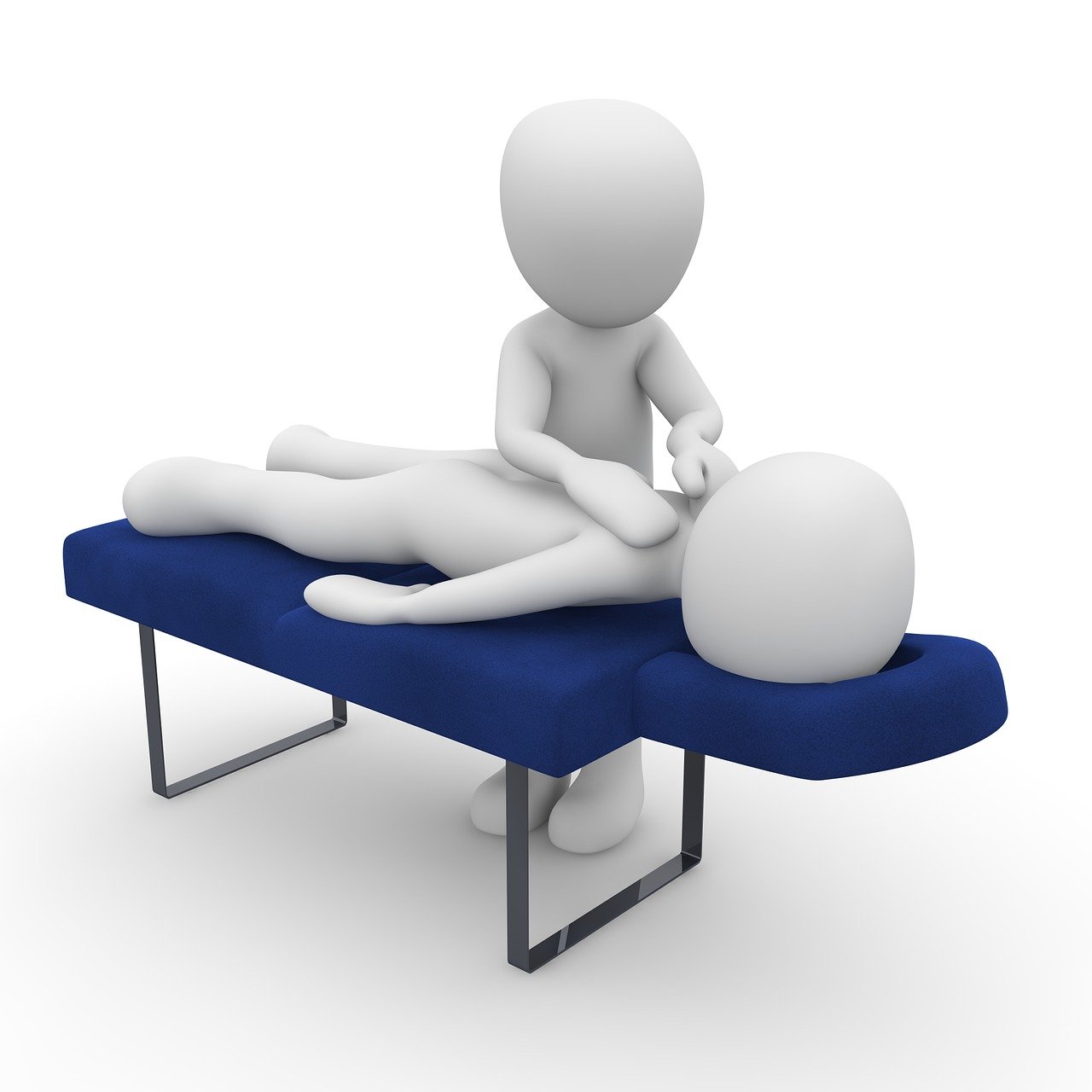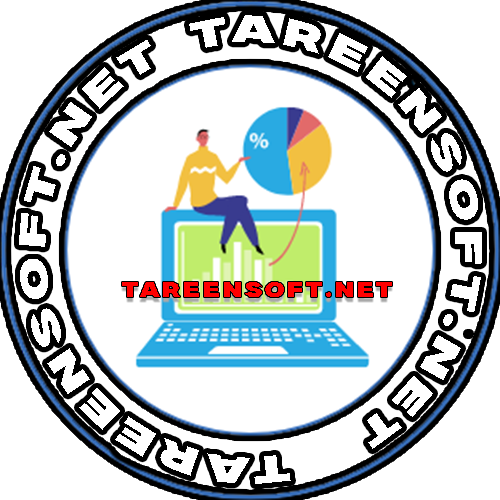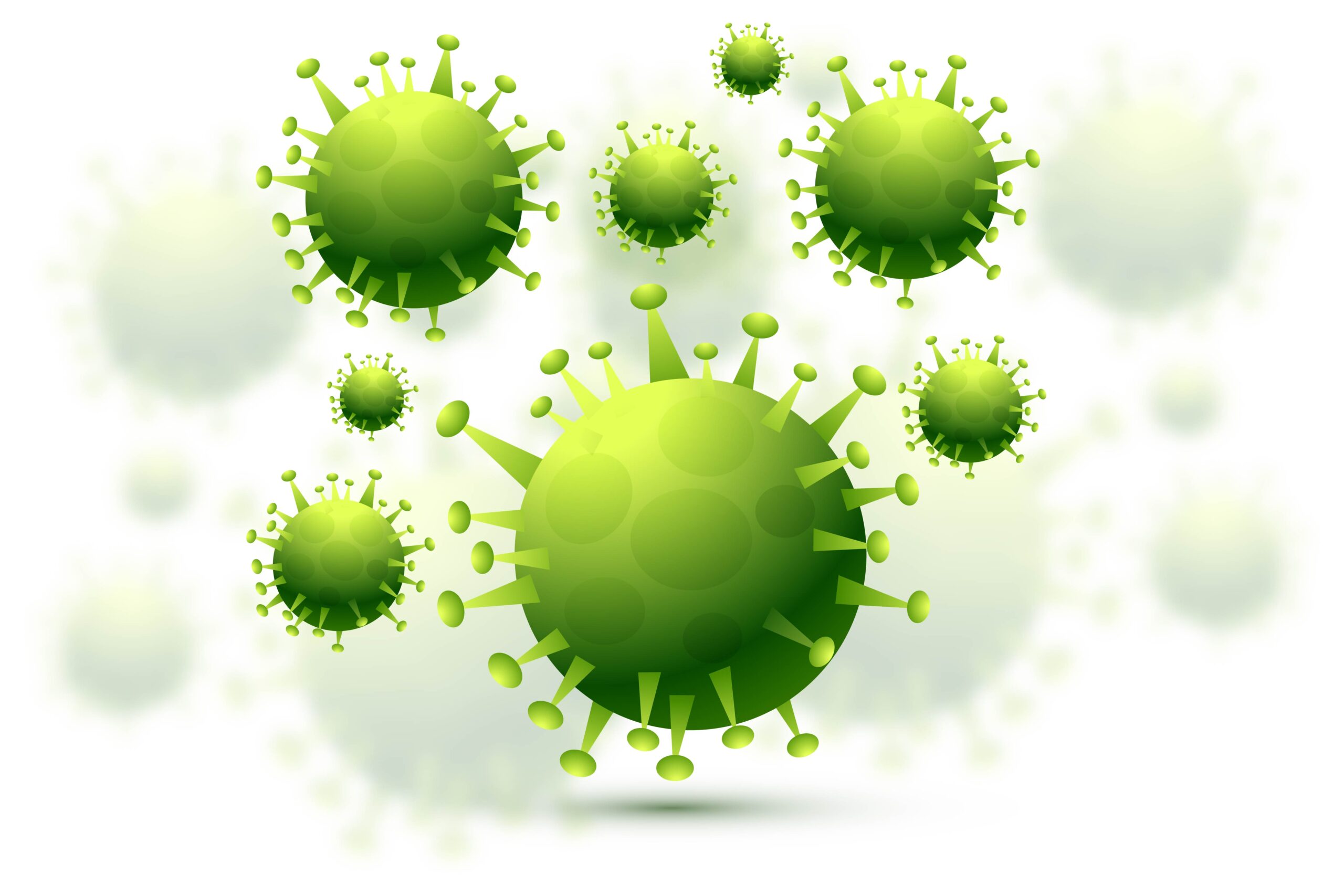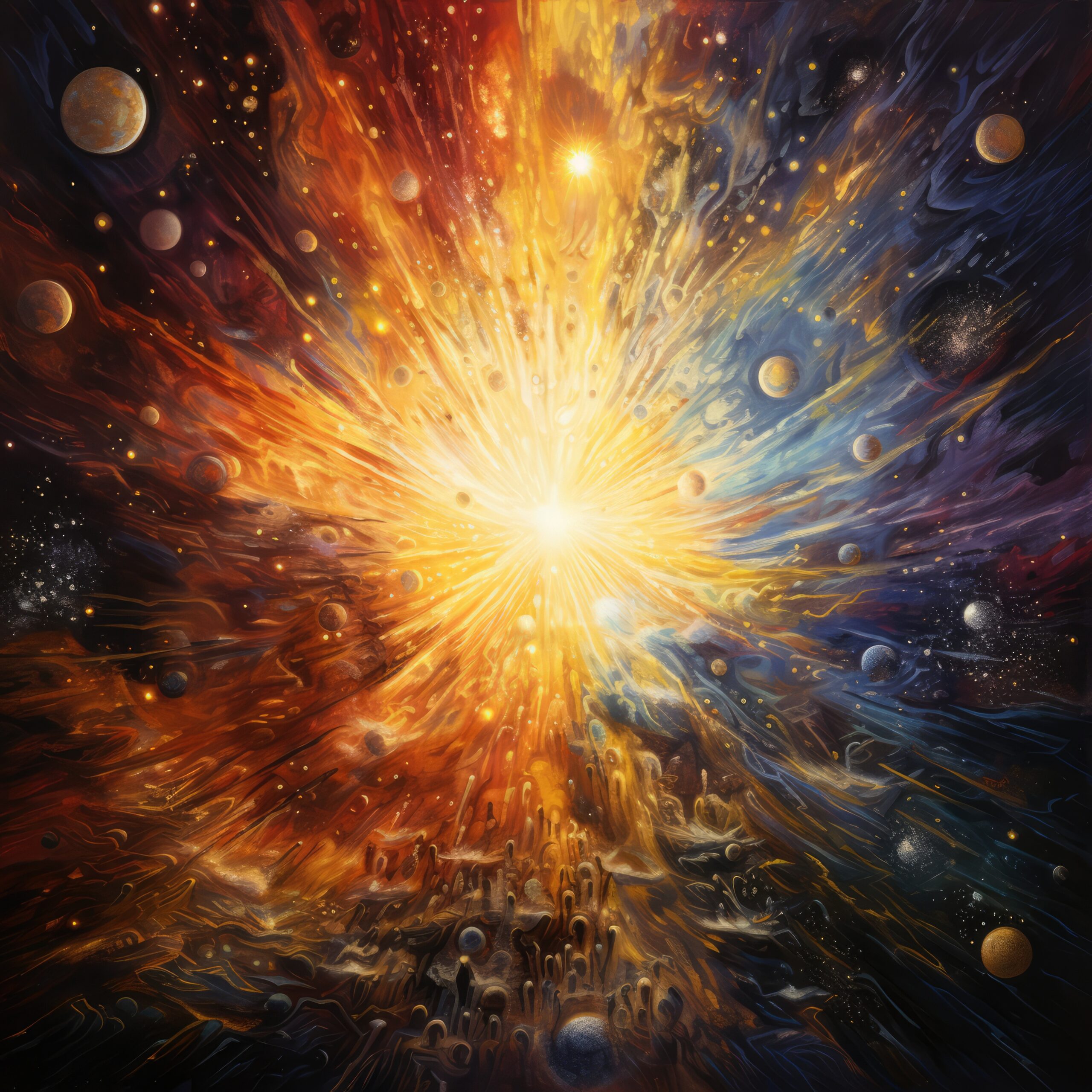
A recent clinical trial has demonstrated the potential of AI-powered therapy in treating mental health conditions. The study highlights how artificial intelligence can be utilized to provide effective therapeutic interventions, offering a new avenue for mental health treatment. pam.int
AI-Powered Therapy Shows Promise in Mental Health
Image: A person interacting with a friendly AI chatbot on a tablet, symbolizing digital mental health support.
Mental health care is undergoing a quiet revolution—thanks to artificial intelligence. AI-powered therapy tools, such as chatbots and virtual counselors, are making mental health support more accessible, affordable, and stigma-free. From cognitive behavioral therapy (CBT) bots like Woebot to AI-driven mood tracking apps, technology is filling gaps in traditional mental health services.
How AI Therapy Works
AI therapy platforms use natural language processing (NLP) to analyze user input, detect emotional distress, and provide evidence-based responses. Some even adapt over time, learning from user interactions to offer personalized coping strategies.
Benefits of AI in Mental Health
✔ 24/7 Availability – No waiting rooms or appointment delays.
✔ Anonymity & Reduced Stigma – Many users feel more comfortable opening up to an AI.
✔ Cost-Effective – More affordable than traditional therapy.
✔ Early Intervention – AI can detect warning signs (like suicidal ideation) faster.
Challenges & Ethical Concerns
While promising, AI therapy isn’t a complete replacement for human therapists. Concerns include:
- Data Privacy – Sensitive conversations must be securely stored.
- Lack of Human Empathy – AI can’t fully replicate human connection.
- Misdiagnosis Risks – Algorithms aren’t perfect and may misinterpret emotions.
The Future of AI in Mental Wellness
As AI improves, we may see hybrid models—where AI handles routine check-ins and human therapists step in for deeper issues. With mental health crises rising globally, AI could be a lifeline for millions.
What do you think? Would you try AI therapy? 💬







